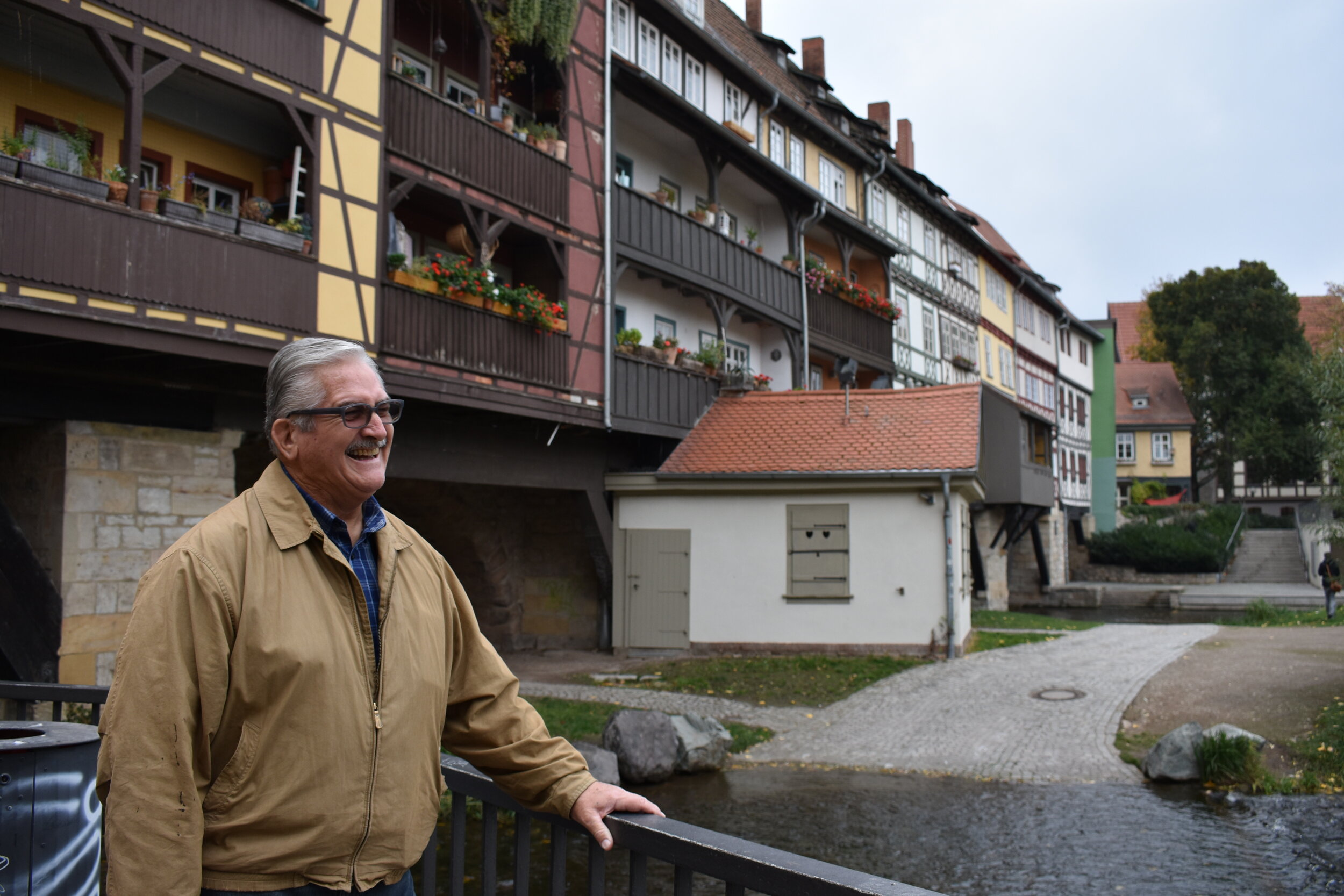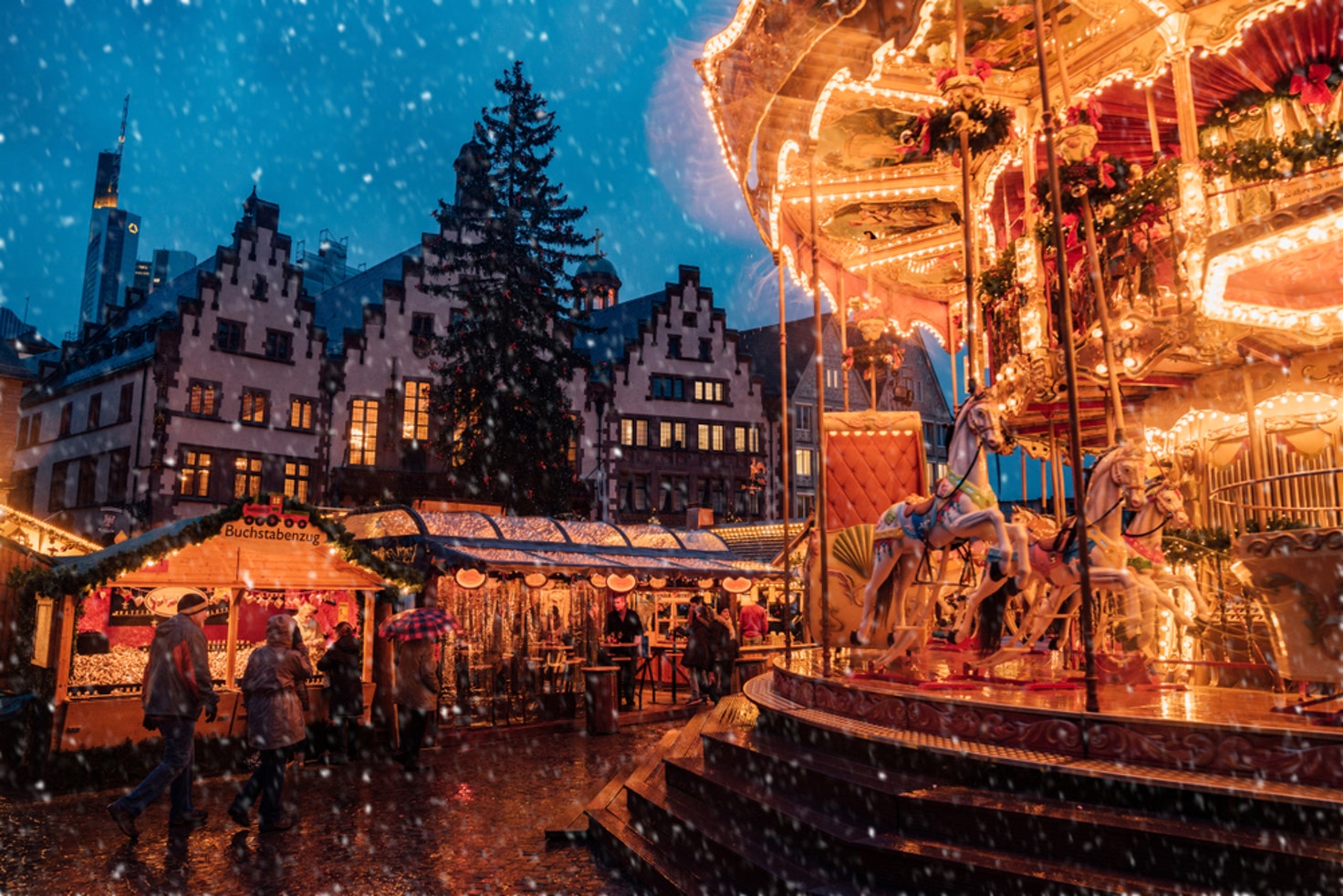When my wife and I were about to buy a house on the edge of the Thuringian Forest a couple of years ago, some friends from Hanover expressed concerns. Their objection was not to the home itself. The traditional half-timbered house lying on a three-quarter-acre lot with immediate access to trails, selling for less than $250,000, was, in many ways, a dream. Their skepticism, instead, stemmed from its setting. They asked if we really wanted to live in an “AfD Dorf,” or AfD village — a hamlet full of people who support Germany’s far-right Alternative for Germany party.
Their perception is based on statistics and phantom data visualizations that represent eastern Germany — the areas of Brandenburg, eastern Berlin, Mecklenburg-Vorpommern, Saxony, Saxony-Anhalt and Thuringia that from 1949 to 1990 made up the socialist German Democratic Republic (GDR), also known as East Germany — as an almost solid mass of far-right sentiment. Outside major cities like Berlin and Leipzig, they see the entire east as one big AfD Dorf.
They are not alone. In the aftermath of Germany’s March 2 federal election, which the center-right Christian Democratic Union (CDU) and their Bavarian sister party, the Christian Social Union (CSU), won with 28.5% of the vote, there has been yet another round of commentary and analysis about eastern Germans opting en masse for the AfD. Color-coded maps, and their associated explanations, frame eastern Germany as almost solely responsible for the far-right party’s popularity and ascent to become the second-largest party in Germany’s parliament since its founding 12 years ago.
This is only partly true. In the area around Eisenach, the western Thuringian town my wife and I ended up finding the apartment we live in, 4 out of 10 voters chose the AfD. Those numbers need to be taken seriously. Yet the idea that the AfD’s rise is due entirely to voters in the east, and the maps used to sell that view, are demonstrably flawed.
According to statistics from the Bundeswahlleiterin, the officer responsible for overseeing elections at the federal level, 70.7% of the 10.3 million votes cast for the AfD last week came from western Germany, while only 29.3% came from the east of the country. The AfD did win the vast majority of eastern constituencies, but the party also took the lead in two western constituencies — Gelsenkirchen and Kaiserslautern — for the first time.
While the ex-socialist states of the former GDR appear to be a sea of blue — the AfD’s color — on electoral maps, support for the party actually rose all across the country. As the AfD improved by 14 and 15 percentage points in the eastern states of Brandenburg and Thuringia, respectively, it also saw increases of near, or more than, 10 percentage points in several western states (Baden-Wuerttemberg, Bavaria, Lower Saxony and North-Rhine Westphalia), including jumps of 11 percentage points in Rhineland-Palatinate and Saarland. The far-right party pulled support from across the political spectrum, with the center-right CDU/CSU conceding the most, losing 1 million voters to the AfD.
In other words, the AfD did not become the second-largest party solely because of its voters in eastern Germany. That claim not only misrepresents the reasons for the AfD’s popularity but also plays into a decades-long narrative of “east-bashing” in popular discourse. Having lived here for nearly six years, this attitude feels lazy and elitist; it also misdiagnoses the real reasons for the AfD’s menacing rise.







